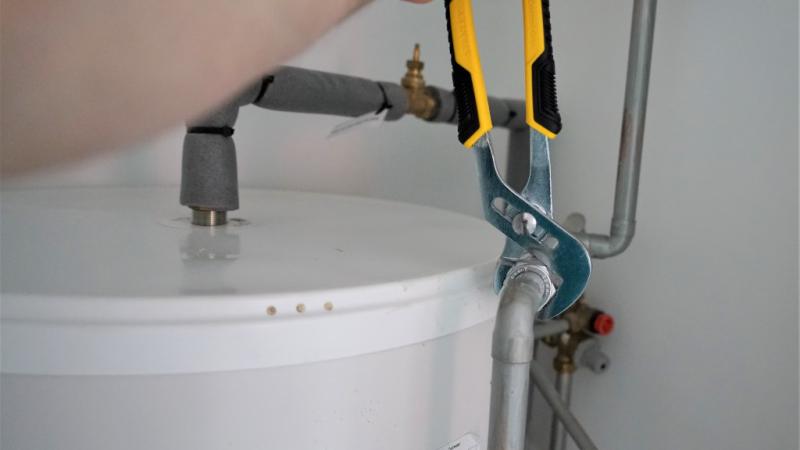5 Situations Where Emergency Plumbing is Necessary

Image Source: Unsplash
When it comes to homeownership, unpredictable events can escalate from minor annoyances to full-blown crises. Emergency plumbing situations are among the most stressful and potentially destructive events you could face, and you’ll need to know how to handle them.
Whether it's a burst pipe gushing water, an unyielding blocked drain, or an overflowing toilet, these instances require immediate action and professional attention. Understanding when to call in the experts may be about preserving your home's integrity and ensuring your family's safety.
5 Situations Where Emergency Plumbing is Necessary
Understanding emergency plumbing issues can help you react effectively. Here are 5 situations where emergency plumbing is absolutely necessary to protect your property and safety.
1. Burst Pipes
The nightmare of burst pipes sends any homeowner into a panicked state. Picture walking into your home to the sound of gushing water and you'll quickly understand why. Burst pipes often result from extreme pressure buildup or the inevitable decline due to age and corrosion.
As soon as you discover this plumbing emergency, it's crucial to act fast by shutting off the main water valve. This immediate response will mitigate extensive water damage and potentially save parts of your property from ruin. Once the water is shut off, call a plumber who can help.
2. A Blocked Drain
A blocked drain is common, but if DIY methods don’t fix the problem, you could be dealing with backup sewage. All of that waste sitting in your plumbing can cause a biohazard. But for the average homeowner, a blocked drain means you can’t use your shower, sink, or toilet properly.
When facing severe blockages that can’t be manually cleared, it would be wise to hire hydro jetting experts. These professionals wield superior technology capable of clearing your stubborn blockages with ease and efficiency, restoring your sanity along with normal water flow!
3. Overflowing Toilet
Overflowing toilets is a scenario that no one wants to deal with, but it's a common and urgent plumbing emergency. Typically, this situation happens due to a blockage in the plumbing lines or an issue with the tank's components that regulate water flow. Both repairs shouldn’t be DIYed.
When faced with an overflow, you need to stop the water stream by turning off the valve at the base of the toilet. Following this action, you need to get on the line with an emergency plumber. They're equipped with the skills needed to safely fix whatever is happening with your toilet.
4. Frozen Pipes
Frozen pipes not only interrupt water supply by creating blockages but can also cause pipes to crack or burst from the mounting pressure of ice formation within. Recognizing signs of freezing early on, like little to no water discharge when you turn on a faucet, is essential.
If you suspect that your pipes have frozen, delay can spell disaster. It's time to call in a professional plumber. An emergency plumber will address the problem promptly, reducing the risk of extensive damage and ensuring your water flow returns without any additional problems.
5. Gas Leaks
The distinct odor of sulfur or rotten eggs is an unmistakable sign that you’re dealing with a potentially dangerous situation. It's vitally important to react quickly. If possible and safe, shut off the gas supply, avoid operating electrical switches, and evacuate your house immediately.
Once at a safe distance, reach out to emergency plumbing professionals who are qualified to handle such hazardous situations. Their expertise in managing gas leaks can prevent potential disasters, as they’re able to conduct necessary repairs or replacements safely.
In Conclusion…
Don’t let plumbing emergencies catch you off guard and unprepared. Now that you're aware of the critical situations where emergency plumbing services are essential, you can respond with confidence. Quick action can be the difference between a simple fix and extensive damage.
So, be sure to keep your trusted plumber’s number at close hand for situations beyond your control. Your proactive approach will save time, reduce stress, and protect your home.
More to Read:
Previous Posts:










